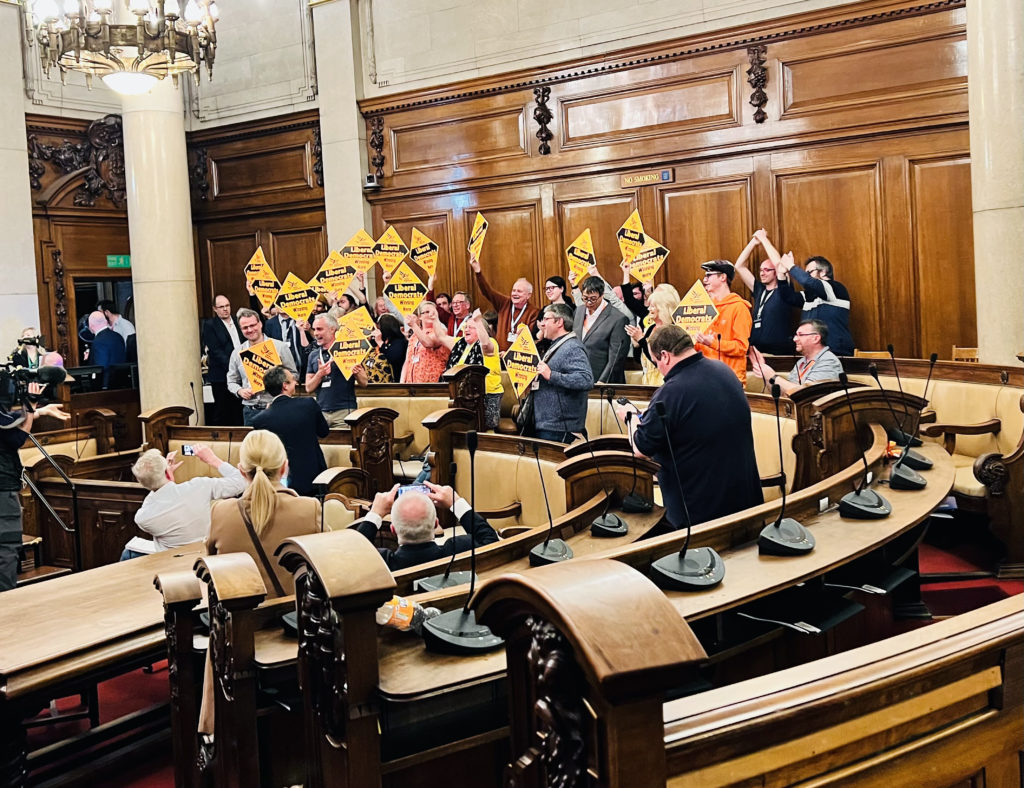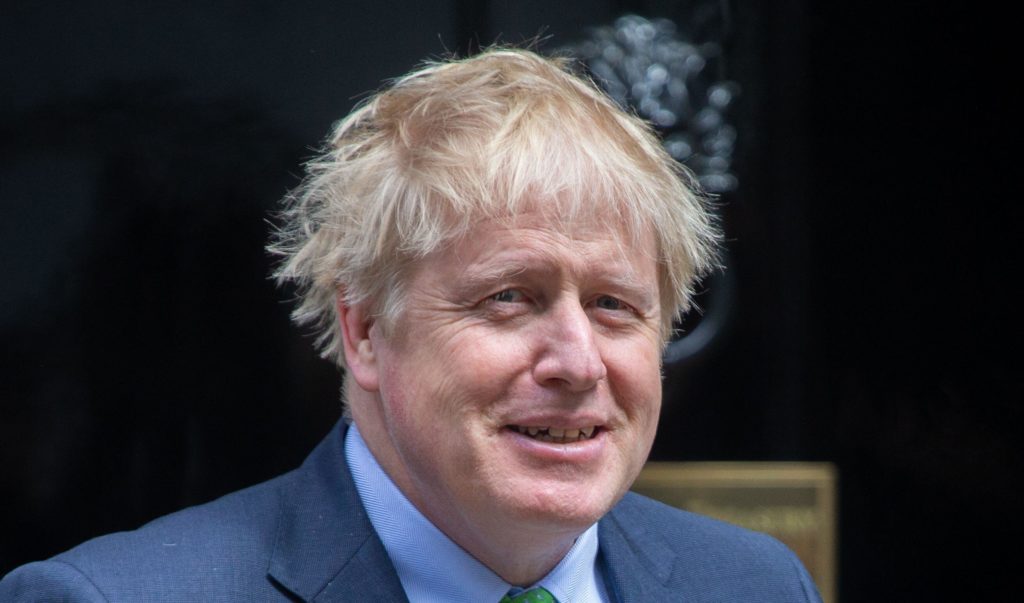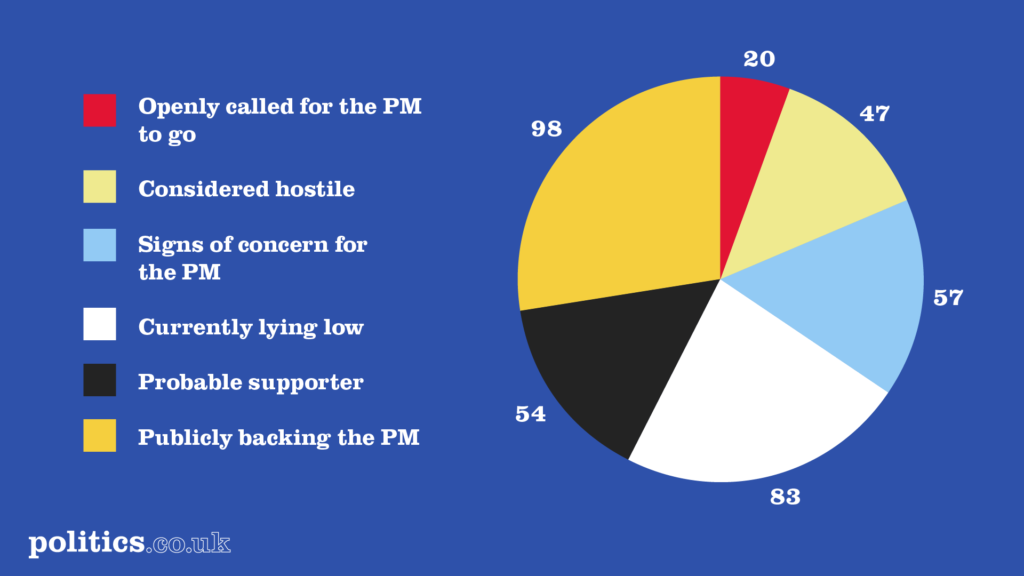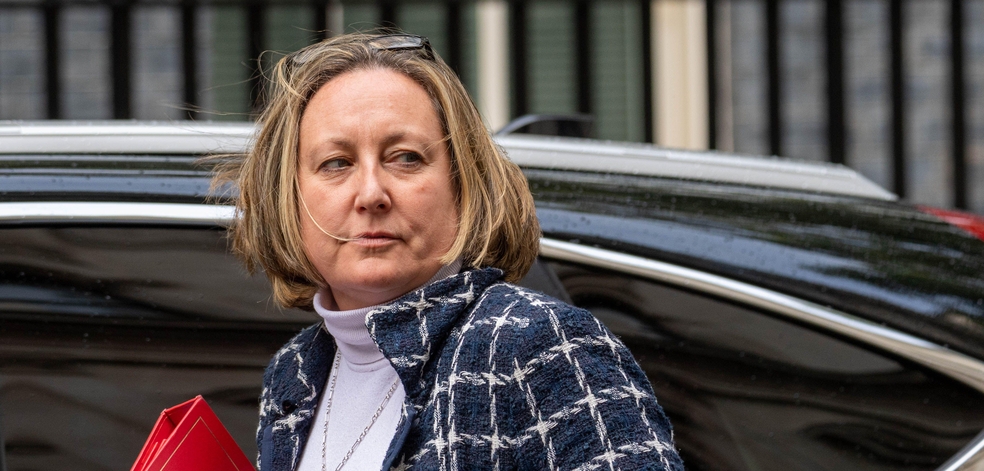What is the Human Rights Act?
The Human Rights Act is a law passed in 1998 which protects people in the United Kingdom, ensuring everyone is granted certain rights and freedoms, and is treated equally regardless of their identity.
Any UK resident may invoke the Human Rights Act in their defence, including non-British nationals, children, and incarcerated people.
The Human Rights Act also states that public authorities are legally obliged to respect human rights.
Why was the Human Rights Act introduced?
Legal protection for human rights in the United Kingdom dates back to the Magna Carta of 1215, and the 1689 Bill of Rights. However, despite their historical pedigree, these laws did not equate to the rights and freedoms valued by modern society.
In 1948, the international community made a collective commitment through the International Declaration of Human Rights, which was closely followed by the European Convention on Human Rights, signed by the UK in 1950.
Despite these international obligations, come the end of the Twentieth century, there was still no comprehensive protection of human rights within British law itself. Accordingly perceived breaches of human rights had to be brought before the European Court of Human Rights in Strasbourg.

Prior to the Human Rights Act, people had to seek protection from the courts in Strasbourg.
Following intensified campaigning by a number of pressure groups such as Charter 88, a commitment to incorporate the European Convention of Human Rights into domestic law became part of the 1997 Labour Party manifesto. After the subsequent General Election, a Human Rights Bill was put before Parliament, and the Human Rights Act became law in 1998. This law now allowed human rights to be upheld by UK courts.
What is protected under the Human Rights Act?
The following rights are protected under the 1998 Act:
Right to Life
Article Two of the Human Rights established the right to life. This means that intentionally killing someone is forbidden except in cases of self-defence, including killing by the State. Article Two thus had the effect of abolishing the death penalty in the UK, which was still notionally in existence for crimes of treason and piracy with violence.
Respect for the right to life also now required the State to investigate suspicious deaths.
Right to Liberty and Freedom
Article Five declares that physical liberty may only be infringed in particular cases, for example if a person is legally convicted of a crime or sectioned due to grave mental health issues. Slavery and other forms of forced labour are also outlawed by the Human Rights Act (Article Four) without exception.
Right to Humane Treatment
Torture and ‘inhuman treatment’ are prohibited under Article Three of the Human Rights Act. This is an absolute right, meaning that no situation justifies its infringement. This right also protects people from being put in situations which are likely to result in torture, such as deportation to certain countries.
Right to a Fair Trial
Article Six enshrines the principle of ‘innocent until proven guilty’, and grants everyone accused of a crime the absolute right to a fair trial. There are some minimum rights for the accused which must be met, such as to be informed of the nature of the accusation against them.
Article Seven states that there must be no punishment without the existence of law, which includes the absolute right to not be charged for a crime retrospectively (ie: prior to a relevant law being in place).
Right to Privacy
Article Eight protects people’s right to enjoy a private life, which may also not be intruded upon by the state under normal conditions. This includes family life, home life, and people’s correspondence.
Right to Family
Article Twelve grants the right to marry and start a family if people wish to do so, without unnecessary state intrusion.
Right to Education
The Human Rights Act specifies that all children should receive an education, with no exceptions. Parents’ beliefs, such as religion, must be respected in their children’s education.
Right to Free and Fair Elections
All citizens must have the right to participate in elections without intimidation or interference in the voting process or the outcome of the election. This participation extends to both voting and standing for election.
Right of Freedom of Thought
Article Nine protects the right to think freely. This protects the freedom of religion and belief under UK law.
Right of Freedom of Speech
Article Ten states that people have the right to express themselves as they wish. As well as speaking, this covers art, music, the written word, broadcasting and advertising.
Right of Freedom of Assembly
Article Eleven of the Act declares that people may associate with whom they want, join groups and protest peacefully.
Right of Non-Discrimination
Article Fourteen asserts that people may not be discriminated against because of their religion, race, sexuality, gender, and disability along with other facets of their identity.
Right to Private Property
Under the Human Rights Act, the state may not dispossess you of your personal belongings, or otherwise interfere with them, unless specific conditions are met.
How is the Human Rights Act enforced?
Challenges under the Human Rights Acts go through the courts. If a court upholds a person’s rights and finds they been violated, this can lead to them being awarded compensation.
In some cases a successful legal challenge can also lead to a declaration of incompatibility by a Court. Such a declaration communicates to Parliament that a particular law, breaches the Human Rights Act.
Parliamentary sovereignty means that only Parliament can amend or repeal primary legislation, but a declaration of incompatibility is nevertheless a strong signal to the government. Ministers can propose amendments to primary legislation deemed incompatible through Remedial Orders, which are a quicker route to amending legislation than a full legislative process.
Section Three of the Human Rights Act affects the way that courts themselves read laws. It asserts that the court’s reading must, as far as is possible, be compatible with human rights.
The 1998 Human Rights Act also encourages Parliamentary consideration of human rights through ‘statements of compatibility’. Statements of compatibility must be presented before the second reading of a Bill in both Houses of Parliament. Compatibility statements require Minister’s to set out a formal view of how the Bill is or is not compatible with the Human Rights Act.
High Profile Cases brought under the Human Rights Act
The Human Rights Act has led to several important court decisions.
In 2000, a 19-year-old was murdered in prison by a cell mate, who had a history of racist violence. The young victim’s family demanded an independent inquiry, which eventually found that official investigations had not met Article Two’s obligation to satisfactorily investigate suspicious deaths.
In 2008 the boss of Formula One motor racing, Max Mosley, successfully brought a case after the News of the World newspaper had published an article about his private sex life, arguing they had made an unauthorised invasion of his private life.
In 2014, the families of victims of the 1989 Hillsborough football disaster were able to request a second inquiry into the deaths of their loved ones under Article Two. This found that the 96 victims were unlawfully killed, identifying errors in the conduct of both the police and the ambulance service.
The Human Rights Act has also been used to protect freedom of the press, and protect secrecy when it comes to a journalists’ sources. One such case was that of Sally Murrer, a reporter for the Milton Keynes Citizen, who was bugged by Thames Valley Police back in 2006. Evidence brought in a subsequent case by Thames Valley Police was ruled inadmissible because the surveillance in this case was deemed to have breached Article Ten of the Human Rights Act, failing to respect rights in relation to journalistic source protection.
Any who believes that their rights protected by the Human Right Act have been violated, can bring a challenge through the courts.
Changes to the Human Rights Act
Since 2007, the Conservative Party has entertained the idea of replacing the Human Rights Act with a ‘British Bill of Rights’ which would separate the UK from the European legal system. This possibility became more relevant after the 2016 referendum decision for Britain to leave the European Union.
On 7 December 2020, the government announced an independent review of the Human Rights Act. An expert panel led by former Court of Appeal Judge Sir Peter Gross will assess the law and provide recommendations in the summer of 2021. This will focus on the role of the European Court of Human Rights (ECHR) and the relationship between domestic courts and Parliament, rather than on any rights themselves.
Human Rights Act in Full
The Human Rights Act can be viewed in its entirety here.



















